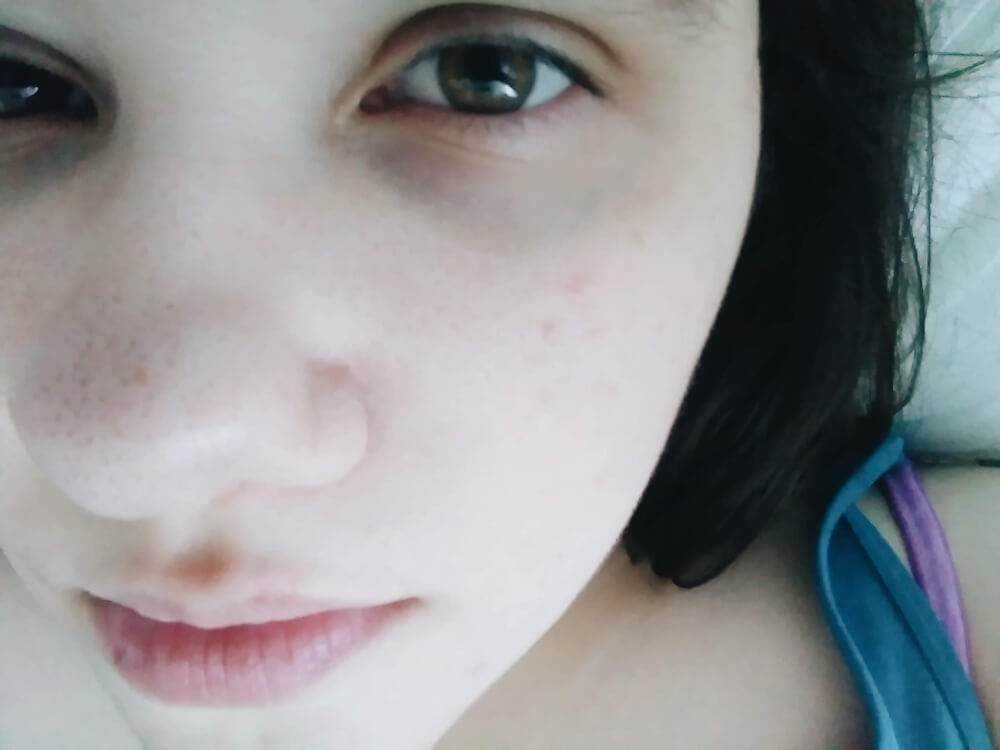I am a firm proponent that it’s no one’s business what medication I’m taking except me, my doctors, and anyone whose business I deem. However, I wasn’t aware of the stigma surrounding antidepressants, anti-anxiety medication, and everything in between — I use “antipsychotics” as an umbrella term to avoid verbosity — until I was prescribed antipsychotics for myself.

It should go without saying, but antipsychotics are not like prescribed pain relievers or antibiotics. I can’t just choose to stop taking them or function adequately without them. It’s extremely hard to continue taking my medication when people around me, who do not understand mental health, are constantly trying to blame my behaviors on my medication.
If, according to them, I eat too little or too much, it’s obviously because my pills made me hungry — not like I starved myself for 12 years or anything.
If, because of chronic pain and ED recovery, I sleep too long or too little, it’s obviously because I’m taking too much of my pills and should cut back.
I can’t even say I need any one my antipsychotics without being told, by someone somewhere, that I only think I need them.
Yet, by accident I have gone off them. The change in mood and behavior is all too extreme. I have panic attacks on the daily if I can’t keep my stress levels low enough — and, without the minor sedation provided by my pills, my stress levels seldom remain low.
My pills allow me to finally feel balanced. I didn’t know what life was like without crippling anxiety until my anti-anxiety medication kicked in. I didn’t know it was possible to silence that voice in my head telling me that hunger is strength and only the weak eat — but now? I can almost eat whatever I want. Definitely not Nature’s Valley Chewy Dark Chocolate Cherry granola bars because almonds, but almost anything.
The cruel words that once sliced my skin? They instead hit a barrier.
I feel things, like joy and happiness. I laugh more than I cry. My skeletons no longer haunt my sleep; flashbacks have since ceased.
But none of that is important when discussing the stigma surrounding mental health medication. It proves nothing to no one, if they’ve been exposed to mainstream media’s take on the horrific things that have happened lately because of mental health and/or the medication prescribed to treat certain mental health.
What needs to be taken into account, and become mainstream, is that mental health is not particularly spiritual health. If it were spiritual, the amount of people attending church every Sunday wouldn’t have Evangelicals obsessing over the apocalypse. If it were spiritual, vitamin supplements aiding in mental health wouldn’t work.
What needs to be acknowledged, and accepted, is that mental health is essentially invisible physical health.
Society as a whole, regardless of religion and background, needs to stop expecting to see a checklist of symptoms and start accepting the existence of things which do not meet the eye.
I mean, yeah, that’s a whole form of ableism on its own, but I’m not getting into that.
How, pray tell, do Evangelicals believe in a God they cannot see, but fail to acknowledge the realities in life they cannot see?
I can follow the advice received from various church persons and sweep my illness under the rug, but I still have my illness, and it still affects me and the people around me. Sweeping it under the rug just postpones the potential amount of damage.
Love this post?
Support me by subscribing to my blog and/or buying me a cuppa:
Comments on this post
silence
Good luck on your journey! Mental health stigma sucks and I wonder whether it’s mostly prevalent in the USA or everywhere else.
Leave a comment